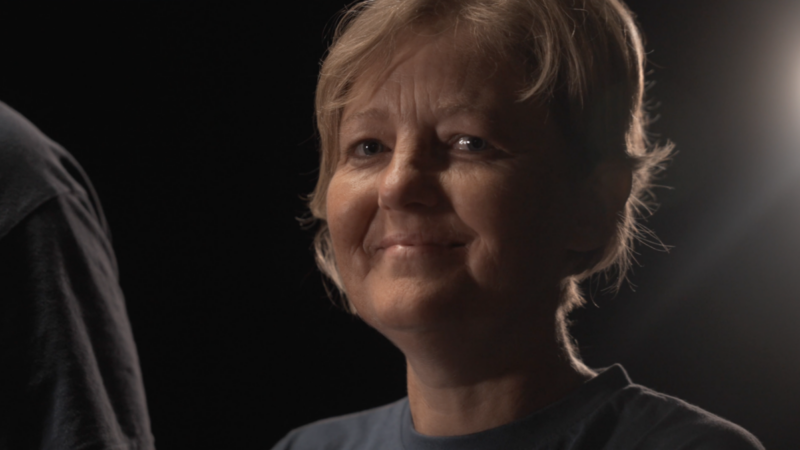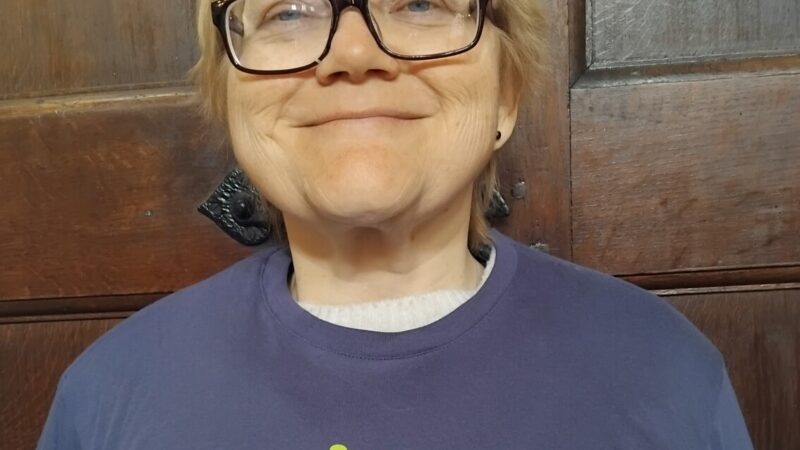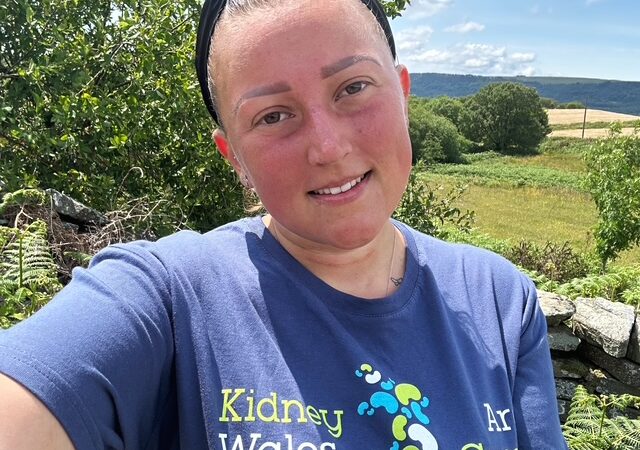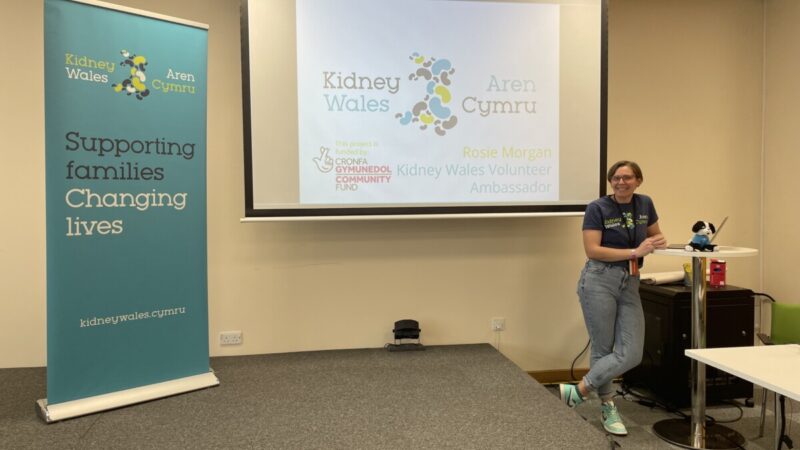Kidney Transplantation
In Wales, around 100 kidney transplants are undertaken each year.
Alongside dialysis, kidney transplantation is the other main form that makes up renal replacement therapy for individuals with end stage kidney disease.
In many patients, a kidney transplant offers the best long-term outcome and quality of life.
While dialysis is able to remove most of the waste products from the body, it does not replace all the functions of having your own Kidneys. However, a transplant does.
As with all procedures, there is an associated risk. Your suitability to receive a kidney may depend on factors such as age, general health, weight and your specific medical conditions. If your kidney doctor assesses you as suitable for a transplant, they will discuss this further with a transplant surgeon and you will be placed on the waiting list.
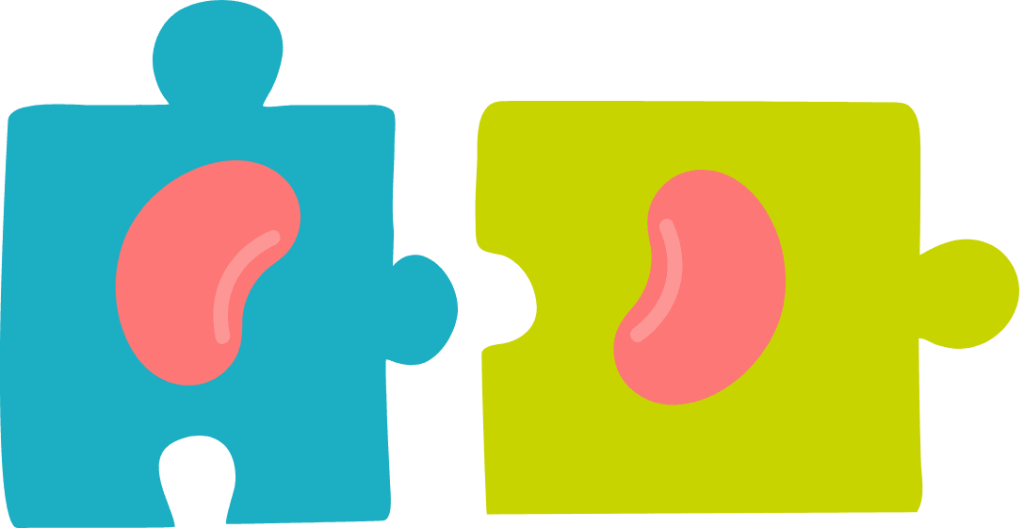
Kidneys are donated in a number of ways – either from a living or deceased donor. A live donor can be someone you know who would like to offer their kidney, or from someone you have not previously met. If the person who wants to donate is not deemed compatible with you (blood group or tissue type mismatch), it is possible to enter part of a ‘pairing’ or ‘pooling’ scheme, involving more than one donor and recipient (person who receives the kidney) pair. In this approach, a donor may give their kidney to a compatible recipient in another part of the country and vice versa, allowing more recipients to benefit.
If transplantation is agreed upon, there are a series of health checks to be done and you will meet the surgeon in charge of your operation. Your surgeon will explain the operation in more depth to you, as well as discussing preparation and steps to be taken in the lead up to the day. While living donor operations are planned with a set date, a kidney from a deceased donor may become available at any time with short notice, due to the unpredictability.
You will be asleep during the operation itself, which takes several hours. In the procedure, a cut is made into the bottom of the abdomen and the donor kidney will be attached to your blood supply and placed in your tummy. The ureter (tube through which urine leaves kidney) from the donor kidney is connected to your bladder. Often during the operation, a flexible plastic tube called a stent is inserted into the ureter to keep it open. This is taken out around six weeks after under local anaesthetic. Usually, your own kidneys will be left in place during the operation. After surgery, you will be taken to a ward where you are closely monitored and given fluids to help the kidney. The duration you will have to stay in hospital is usually around a week, but varies from patient to patient. After you are discharged from hospital, you will have regular check-ups with the transplant team. In the long term, you will be given ‘immunosuppressant’ medications to take. These tablets prevent your immune system from attacking the new kidney you have received.
Donor kidneys may not work for as long as non-transplanted kidneys; some patients may require more than one transplant in their lifetimes. However, transplantation allows patients to go about their daily activities without the constraints of dialysis. For more information on transplantation and life after your transplant, please see the information leaflet links above.
Other treatments

Dialysis
Dialysis is a medical treatment in which waste products are removed from the blood artificially, effectively taking over the job of the kidneys.

